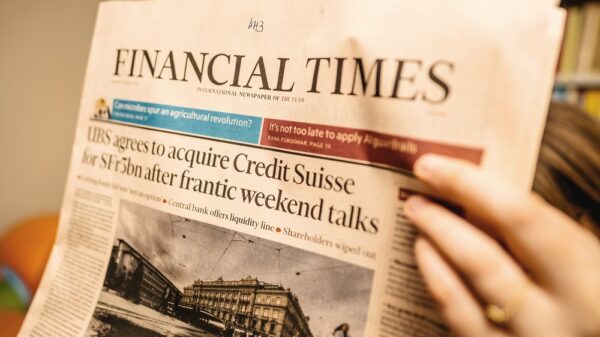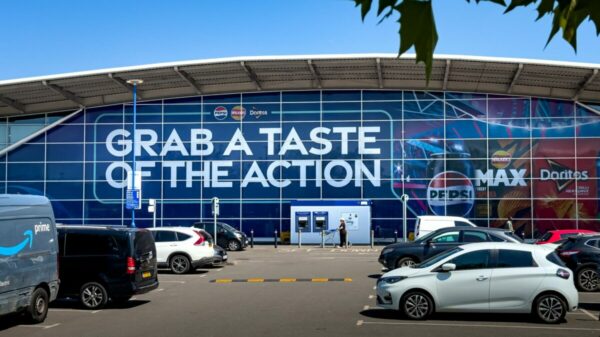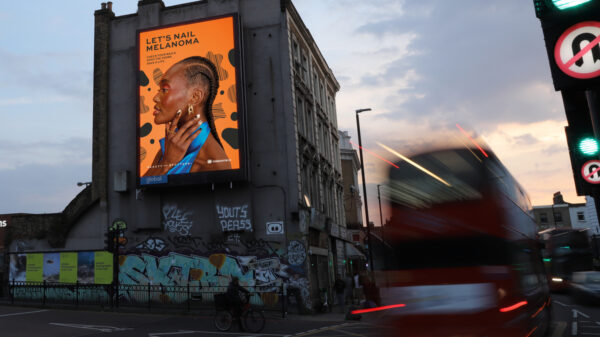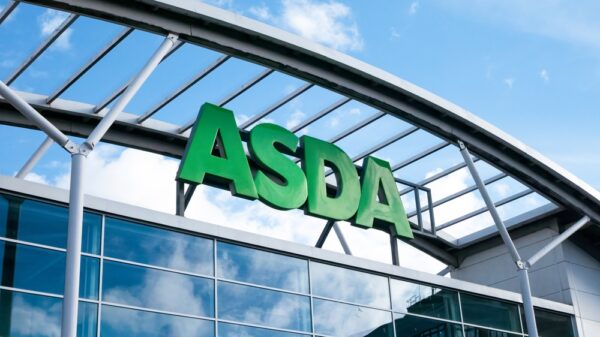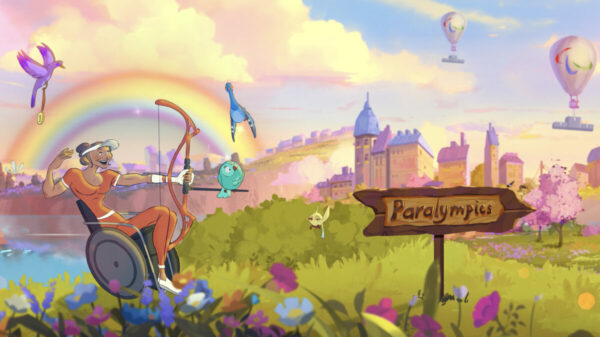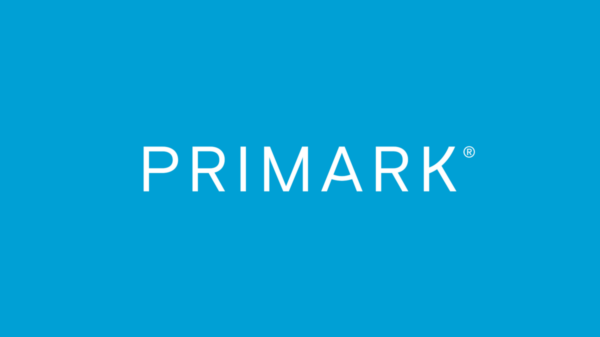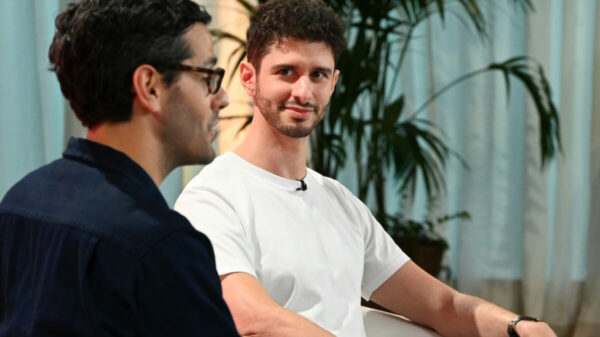Once the untouchable darling of the British media scene, the BBC – or Auntie Beeb, as it was affectionately known – was the default channel on every TV set, boasting some of the largest audiences around the world.

Times have changed. Traditional broadcast channels have faced a raft of challenges over recent years, as the rise of streaming and VOD platforms has seen audiences shift towards subscription-based services.
The subsequent decline in ad revenues has hit hard. Even the Beeb – a public service broadcaster funded by a licence fee – has suffered as the number of active licences has dropped dramatically.
There has been much conversation around how the BBC will counteract this loss of revenue. The broadcaster has considered replacing its current licence fee-based funding model, mooting premium subscriptions and broadband levy as potential alternative models, and recently revealed plans to feature adverts across its UK radio programmes and audio output for the first time.
Whatever ends up happening, the BBC is having to become increasingly commercially-minded. Claire Huxley, strategy director at Design Bridge and Partners, takes a look at what this will mean for the broadcaster’s brand perception and how it can redefine its place in UK culture.
The BBC is a great British institution. And for a long while, a great British national pastime has been debating its every move, especially regarding its future and the licence fee.
The topic was recently put back on the agenda, with the government announcing a review of the BBC’s future funding, Tim Davies, director general of the BBC talking about the BBC’s “obligation” to interrogate revenue structures, and even Russell T Davies, Dr Who Creator and BBC darling, talking about a post licence-fee future. By now, how to pay for the BBC is a well-worn conversation.
But what if the focus is all wrong? What if the answer isn’t about how we pay for it, but why? It’s time to talk about the BBC’s value proposition.
A valuable British Institution
Brands use value propositions to explain why audiences should believe, and therefore why they should buy. From groceries to gadgets, they articulate why something is worth paying for by focusing on the value that audiences get in return.
For over 100 years, the British public have got a lot from the BBC. Guided by a mission to “inform, educate and entertain”, the service is used by 9 in 10 Brits every week. It combines impartial news and important dramas, funds British creativity and brings young talent to the table.
And yet, as the never-ending licence fee discussion shows, a large proportion of audiences do not understand or appreciate the value BBC brings them.
More than just TV
The BBC’s current value proposition is inextricably linked to television – terrestrial or online. The licence fee reinforces this – its messaging focuses on people watching live TV, doubling down on the idea that that’s all the BBC is good for. What’s more, it’s seen as a frustration; a hoop to jump through when you move house, a tax people begrudgingly pay to watch the telly.
But people’s interactions with the BBC are far bigger than just TV.
Subscribe to Marketing Beat for FREE
Sign up here to get the latest marketing news sent straight to your inbox each morning
The BBC homepage is the fourth most-visited website in the UK after Google, YouTube and Facebook; the News app is so ubiquitous that the notification sound of the “breaking” bulletin has become part of the fabric of daily life.
People stream Radio 4’s Today Show on their Sounds app in the morning. Look around on the tube and chances are you’ll spot more than one traveller using BBC Sports to check the football scores. Kids up and down the country rely on BBC Bitesize to revise for their exams (as did their parents before them – the site was first launched in 1998).
All these things are free at the point of use. But the license fee powers all of them. So why are we still just talking about TV?
Isn’t it time we broadened the focus to the enormous value the BBC brings in every single part of modern life? Then the license fee becomes less of a chore, and one of the best value transactions you make in a year.
I see two ways that the BBC could reframe the value it brings: authenticator and curator.
BBC Value Proposition 1: The Authenticator
One key avenue is to be a bulwark against misinformation in a post-truth era. We’re in an age where trust in the information we receive is through the floor. In fact, 65% of people across the globe believe that journalists and reporters are trying to mislead people.
People don’t know what they’re viewing online, and in a year when democracy is at its most fragile, there is value in the job of a trusted publication that can apply rigorous fact checking. The BBC is that entity. Its entire purpose is to create impartial, accurate and timely content that cuts through the biases in British media.
BBC New’s fact check function on their website has become a key reference point in recent conflicts in Ukraine and the Middle East. Closer to home, its role in filming and producing the Duchess of Cambridge’s health announcement was a swift antidote to the false narratives and speculation being perpetuated elsewhere.
In a world where audiences are increasingly calling for veracity and ‘proof of human’, it is the BBC’s ability to authenticate – enabled by the independent funding given by the licence fee – that brings value we can all feel.
BBC Value Proposition 2: The Curator
Another proposition is that of quality guarantee. When platforms like Netflix and Spotify launched, there was a sense that the days of broadcast TV and radio were over. Afterall, what’s not to love about a simple online platform with a smart algorithm choosing content for you?
However, today it is clear that the sheer amount of content, paired with instant access is creating a paralysis of choice, and a feeling of having a million shows but nothing to watch.
The BBC’s multi-channel offering provides distinct points of view and types of content. This is visible through their television: The youth-oriented focus of BBC 3 has significant differentiation from the arts and documentary shows on BBC 4. Radio 6 Music is one of the only places to find consistently high quality alternative music, a gentle alternative to Radio 1’s poptastic scheduling.
Only licence fee funding can defend these types of shows; a Radio 1 may always exist, but what happens to the artists who find their way to success via Radio 6 Music if an ad-funded model can’t support it? What’s more, it promises a level of curation, quality and relevance, removing the choice paralysis by guiding people towards the type of content they want, as well as things they might like but haven’t yet discovered.
As of right now, the future of the licence fee is in question. The BBC needs to take this opportunity to reframe the value it brings in people’s lives, and convince the British people it is worth their funding and – in doing so – gain the political clout to push back on governmental cuts.
